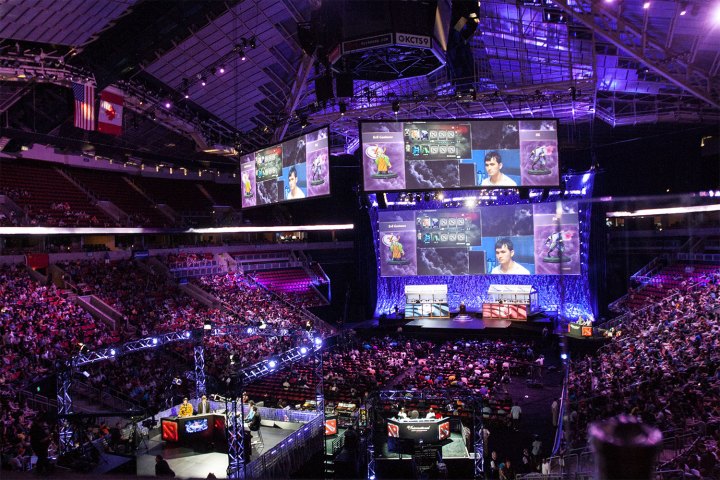
According to Kevin Jones, vice president of the U.S.-based electronic chain Micro Center, overall sales of gaming PCs have increased 25 to 30 percent in 2016. Even at Micro Center, sales have grown 200 to 300 percent from one year ago.
While speaking with Digitimes, Jones attributes the increasing gaming PC sales to esports. Just five years ago, he referred to PC gaming as a niche market. Now, with esports’ rapid growth in popularity, the market has become more mainstream. Mid-range prices have also lowered the entry price for those looking to get their toes wet.
Even though analyst firm Gartner reported declining PC sales for eight quarters in a row,
In North America, retail has been going through a metamorphosis. Many small PC retailers have closed due to the competition. Yet, thanks to its partnerships with brand vendors, Micro Center has thrived with its 25 stores across 16 states. With new customers, sales have reached $60 million per year.
One threat that lies on the horizon are the PC component shortages plaguing the industry right now. While they have yet to affect prices in any major way, Jones believes prices will begin rising in the near future. Anyone looking to build a new PC might want to move up their timeline to avoid a more expensive market.
Editors' Recommendations
- How an underdog Street Fighter 6 player beat the odds to win $1 million
- Qualcomm just made some bold claims about gaming on ARM PCs
- PS5 vs. PC: Which is the better buy for gaming in 2024?
- OneDrive is ruining my PC gaming setup
- This limited-edition SteelSeries keyboard could have been so much better



